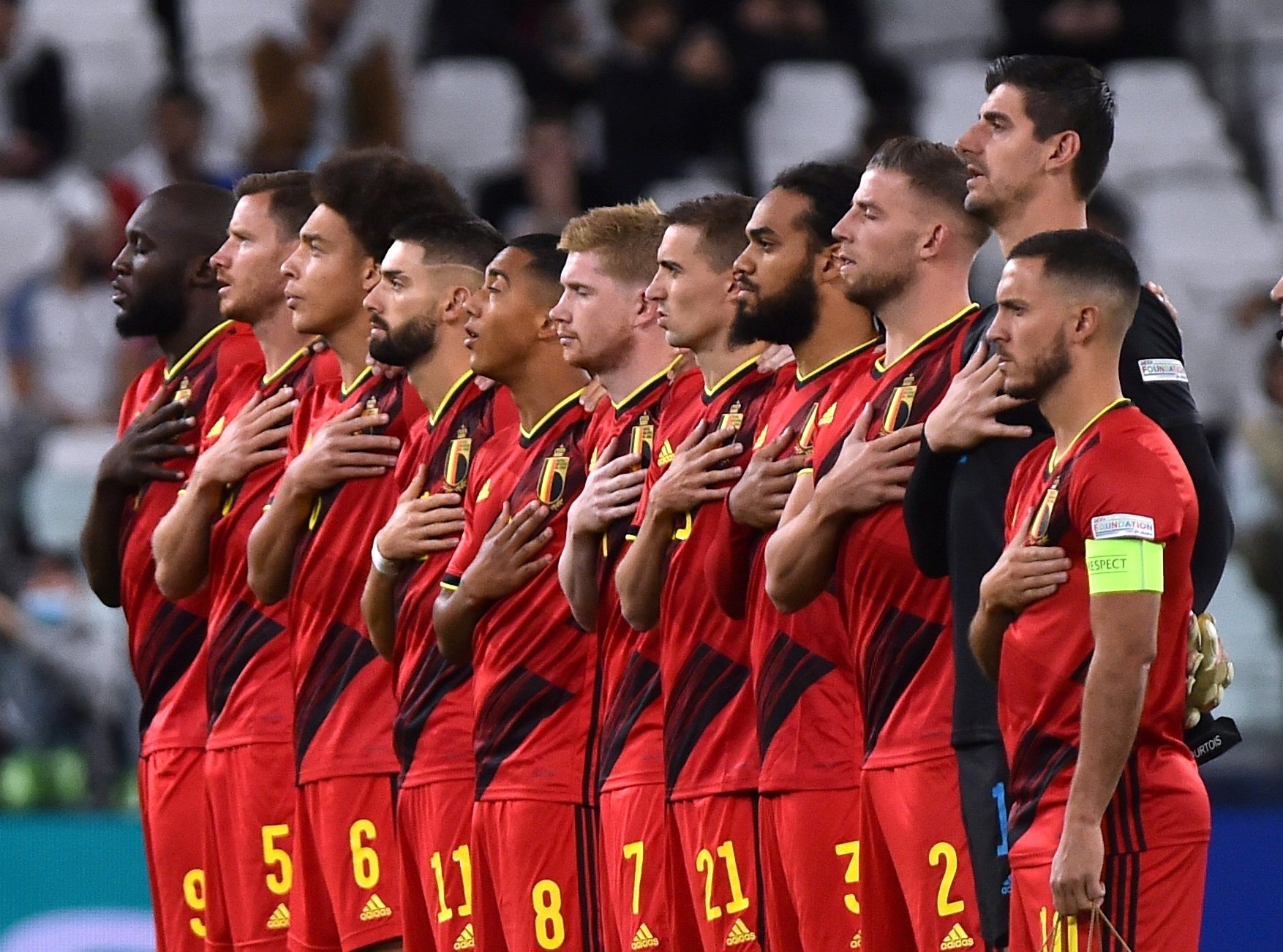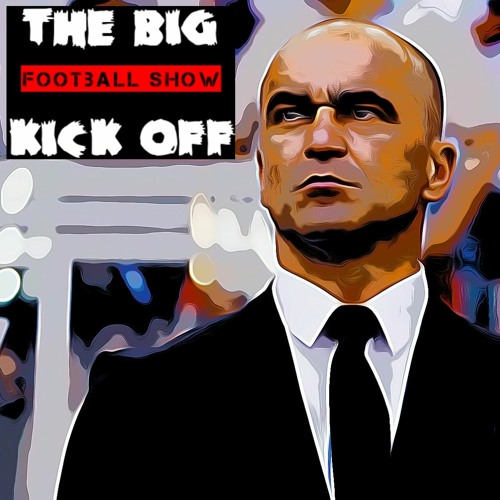“The History of Football in Belgium: A Tale of Pioneers, Golden Generations, and Enduring Passion
Related Articles The History of Football in Belgium: A Tale of Pioneers, Golden Generations, and Enduring Passion
The History of Football in Belgium: A Tale of Pioneers, Golden Generations, and Enduring Passion

Belgium, a small nation nestled in the heart of Europe, boasts a rich and vibrant footballing history. From its humble beginnings in the late 19th century to the global recognition achieved by its modern-day "Golden Generation," Belgian football has woven a captivating narrative marked by innovation, passion, and a relentless pursuit of excellence.
Early Days: The Seeds of a National Sport
The story of football in Belgium begins in the late 1800s, mirroring the spread of the sport from its birthplace in England. British expatriates, primarily students and workers, played a crucial role in introducing football to the Belgian populace. These early enthusiasts formed the first football clubs, laying the foundation for the organized sport that would soon captivate the nation.
One of the earliest clubs was Antwerp Football Club, founded in 1880, which holds the distinction of being the oldest football club in Belgium. Other pioneering clubs like Racing Club de Bruxelles (1890), Club Brugge (1891), and Standard Liège (1898) quickly followed, establishing a competitive landscape that would shape the future of Belgian football.
In 1895, a pivotal moment arrived with the formation of the Union Royale Belge des Sociétés de Football (URBSFA), the Belgian Football Association. This governing body standardized the rules of the game, organized competitions, and paved the way for the development of a national league. The first official Belgian football league season was held in 1895-96, marking the formal beginning of competitive football in the country.
Early 20th Century: Growth and International Recognition
The early 20th century witnessed the steady growth of football’s popularity in Belgium. More clubs emerged, and the league system expanded, attracting a growing number of players and spectators. Belgian football began to gain international recognition, with the national team, known as the "Red Devils," making their mark on the global stage.
Belgium was one of the first countries to participate in the Olympic football tournament. The Red Devils competed in the 1900 Paris Olympics, winning a bronze medal, a testament to the early talent and potential within Belgian football.
The highlight of this era came in 1920 when Belgium hosted the Summer Olympics in Antwerp. The football tournament was a resounding success for the home nation, as the Red Devils, led by captain Armand Swartenbroeks, defeated Czechoslovakia in the final to claim the gold medal. This triumph remains a cherished moment in Belgian football history, solidifying the sport’s place in the national consciousness.
Interwar Period: Consolidation and Development
The interwar period saw Belgian football consolidate its position as a leading sport in the country. The league system continued to evolve, with clubs like Union Saint-Gilloise, Beerschot, and Royal Antwerp establishing themselves as dominant forces.
While the national team did not replicate the Olympic success of 1920, they remained competitive, participating in the early editions of the FIFA World Cup. Belgium featured in the 1930, 1934, and 1938 World Cups, gaining valuable experience on the international stage.
Post-War Era: Rise of Anderlecht and European Competitiveness
The post-World War II era marked a significant turning point in Belgian football. A new generation of talented players emerged, and Belgian clubs began to make their mark in European competitions.
RSC Anderlecht, based in Brussels, rose to prominence as the dominant force in Belgian football. Under the guidance of legendary coaches like Bill Gormlie and Pierre Sinibaldi, Anderlecht won numerous league titles and became a regular participant in the European Cup (now the UEFA Champions League).

Anderlecht’s success paved the way for other Belgian clubs to compete in Europe. Club Brugge reached the final of the European Cup in 1978, losing to Liverpool, while Standard Liège reached the final of the European Cup Winners’ Cup in 1982, losing to Barcelona.
The 1980s: The First "Golden Generation"
The 1980s are often regarded as the era of Belgium’s first "Golden Generation." A group of exceptionally talented players emerged, including Jan Ceulemans, Enzo Scifo, Eric Gerets, Jean-Marie Pfaff, and Michel Preud’homme, who would lead the Red Devils to unprecedented success.
Under the guidance of coach Guy Thys, Belgium reached the final of the 1980 European Championship, losing to West Germany. At the 1982 World Cup in Spain, Belgium defeated defending champions Argentina in the opening match, showcasing their potential on the world stage.
The pinnacle of this era came at the 1986 World Cup in Mexico. Belgium, led by Enzo Scifo’s dazzling performances, reached the semi-finals, eventually losing to Argentina in a hard-fought match. They finished fourth in the tournament, their best-ever result in a World Cup until 2018.
The 1990s and 2000s: A Period of Transition
The 1990s and 2000s were a period of transition for Belgian football. The "Golden Generation" of the 1980s gradually faded away, and the national team struggled to replicate their previous success.
While Belgian clubs continued to participate in European competitions, they did not achieve the same level of success as in the 1970s and 1980s. Anderlecht remained the dominant force in the Belgian league, but other clubs like Club Brugge and Genk also enjoyed periods of success.
The 2010s and Beyond: The Second "Golden Generation"
The 2010s witnessed the emergence of a new "Golden Generation" of Belgian footballers. Players like Eden Hazard, Kevin De Bruyne, Romelu Lukaku, Vincent Kompany, and Thibaut Courtois rose to prominence, becoming stars at some of the biggest clubs in Europe.
Under the guidance of coaches Marc Wilmots and Roberto Martínez, the Red Devils once again became a force to be reckoned with on the international stage. They reached the quarter-finals of the 2014 World Cup and the 2016 European Championship.
The pinnacle of this era came at the 2018 World Cup in Russia. Belgium, playing an attractive and attacking brand of football, reached the semi-finals, defeating Brazil in a memorable quarter-final clash. They eventually finished third, their best-ever result in a World Cup.
Belgium continued to perform well in international competitions, reaching the quarter-finals of Euro 2020. They were ranked number one in the FIFA World Rankings for several years, a testament to the quality of their players and the success of their national team program.
The Future of Belgian Football
Belgian football has come a long way since its humble beginnings in the late 19th century. From the early pioneers who introduced the sport to the country to the "Golden Generations" that have captivated the world, Belgian football has a rich and storied history.
The current generation of Belgian players has achieved unprecedented success, but the challenge now is to build on this foundation and ensure that Belgian football remains competitive for years to come. With a strong youth development system, passionate fans, and a commitment to excellence, the future of Belgian football looks bright.
The story of Belgian football is a testament to the enduring power of sport to unite a nation and inspire generations. It is a story of passion, dedication, and a relentless pursuit of excellence, a story that will continue to unfold for many years to come.

